National parliamentary elections will be held in Belgium next year at the same time as the European elections. The Vlaams Belang party has been leading the polls for some time. How are you preparing for the big day?
2024 will be a very important year for all patriotic parties across Europe, but for us Flemish people it will be even more crucial. Not only the EP but also our federal and Flemish elections will be held next year, and on the same day, with local elections being held three months later. This creates an all-or-nothing situation with losers losing all and winners winning big. Accordingly, all parties are looking forward to 2024 with great anticipation. In the last elections, we were the second largest party with 19% of the vote, not only in Flanders, but in Belgium as a whole. Since then, we have gotten much stronger, leading in the polls for more than four years and currently in first place at 22-27%. But we face a lot of problems.
Migration pressure is increasing, the economic situation is deteriorating, and due to Belgium's unusual state structure, we are also facing a political crisis and the government is dysfunctional. The first two problems affect the Flemish people the most.
Belgium is an attractive country for migrants coming to the European Union. However, many of those who come here do not want to work, the government is unable to protect the country's borders and we are unable to integrate immigrants properly. This is compounded by economic problems. Flanders is a very rich region, and until now we have not had to worry about making a living. Now, however, a new social class has emerged, the 'working poor', who are finding it increasingly difficult to pay their bills at the end of the month, especially as energy prices are soaring.
Increasing migratory pressure is a problem that affects all EU countries. Yet, the new migration pact would still address the issue with the old, flawed approach.
- First of all, it must be said that the migration pact agreed by the interior ministers is a complete disaster, and the very starting point is flawed. Brussels only wants to manage immigration, not stop it. They want to turn illegal migration into legal migration. In the process, they are ignoring the real needs of the European people. And the mandatory resettlement quota is also a giant mistake. It is as if a city were flooded and the leaders tried to remedy the situation by discharging the same amount of water into every cellar. This is an erroneous approach, as the first thing to do is to prevent the water from flooding. That is why I do not believe that the solution to stop migration will come from European bureaucrats. I hope that following the European elections, the right-wing parties will be able to increase their number of seats. We see Fidesz and Viktor Orban's policy as an example to follow.
He [Viktor Orban] is capable of bringing about change, but at the same time he needs allies, such as Italy's Giorgia Meloni or the Polish ruling party.
It would be great if more parties with patriotic policies came to power, because although Viktor Orban and the Hungarians are brave people, it is a difficult task to do on their own.
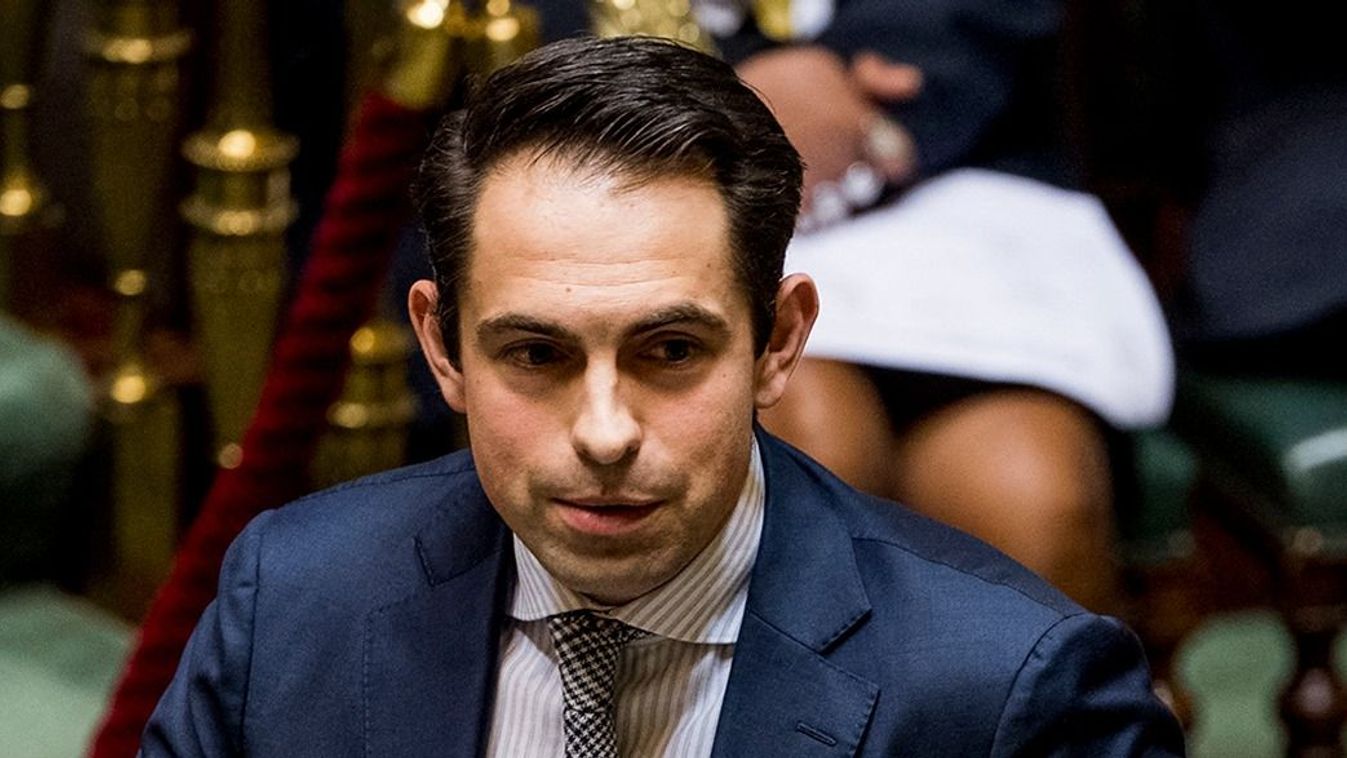
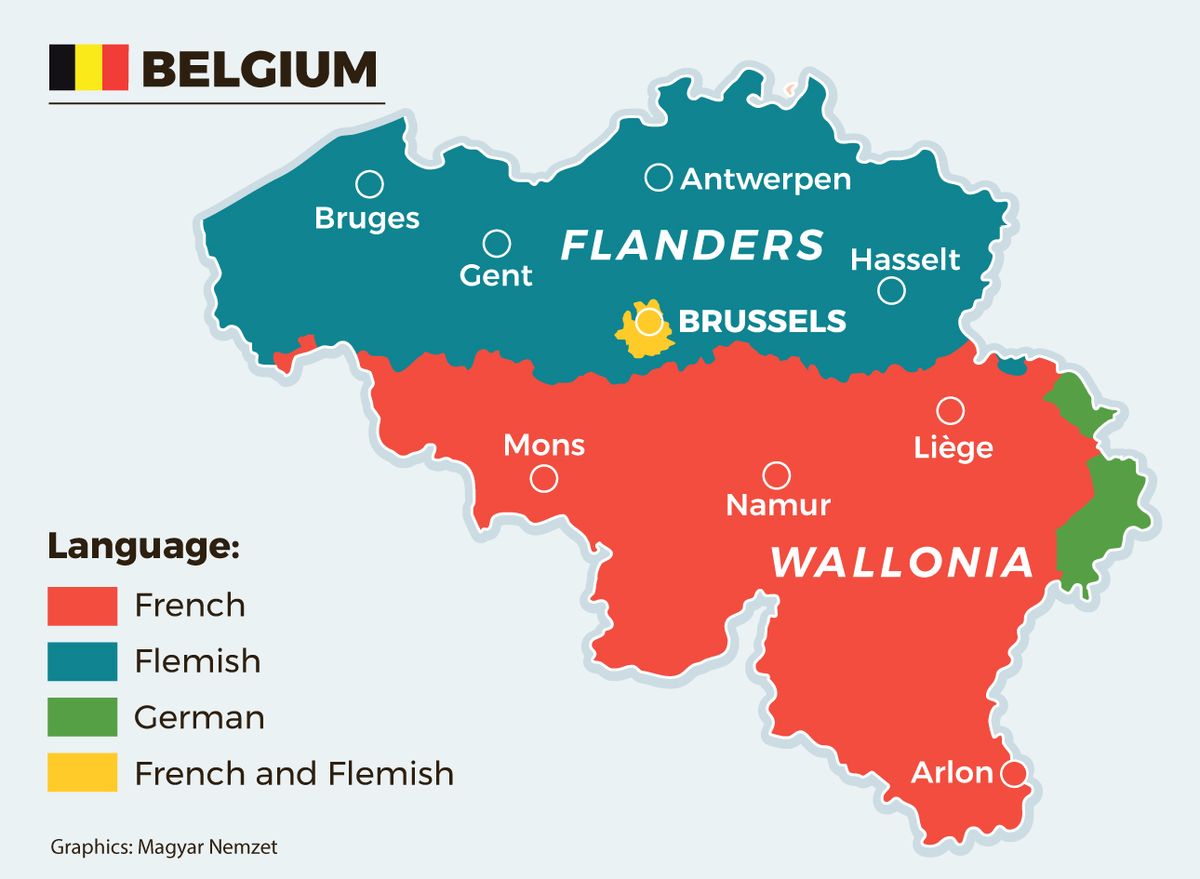
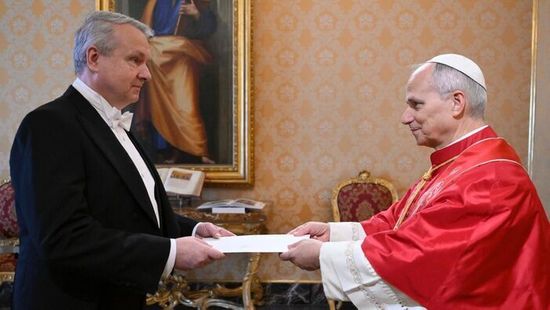
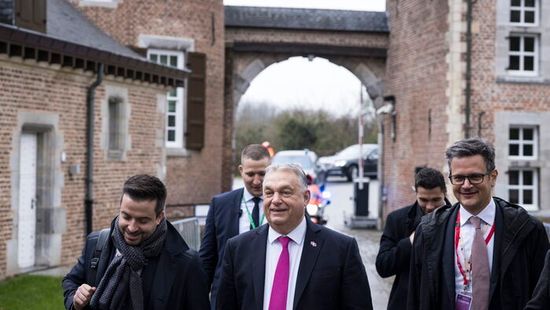
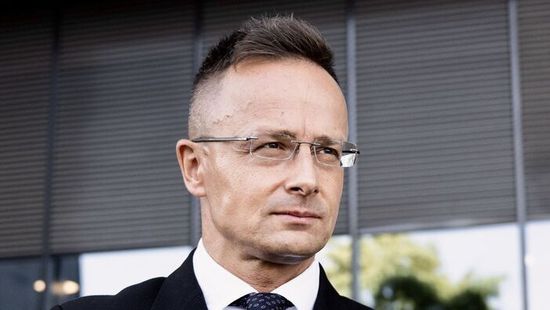
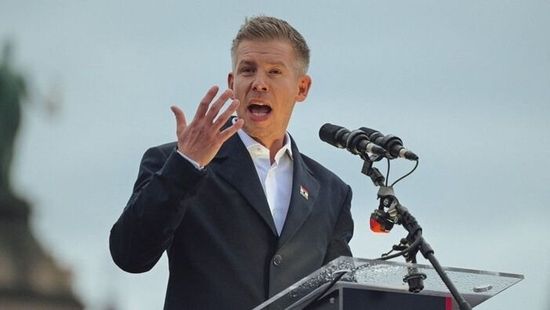

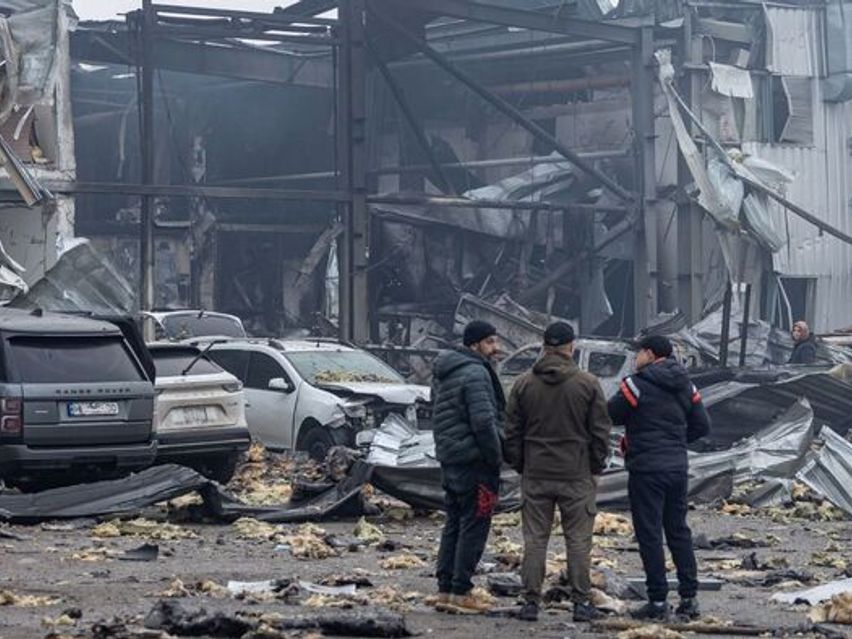

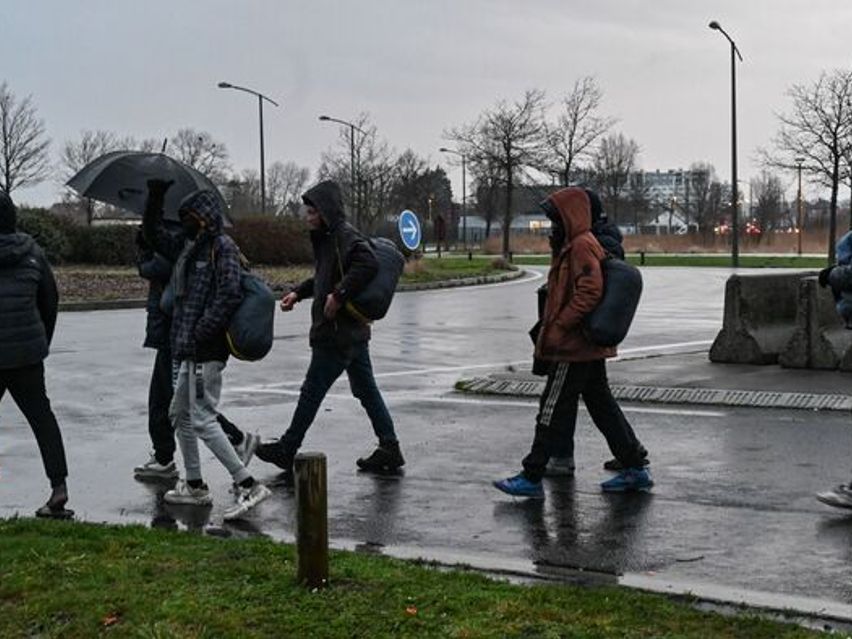
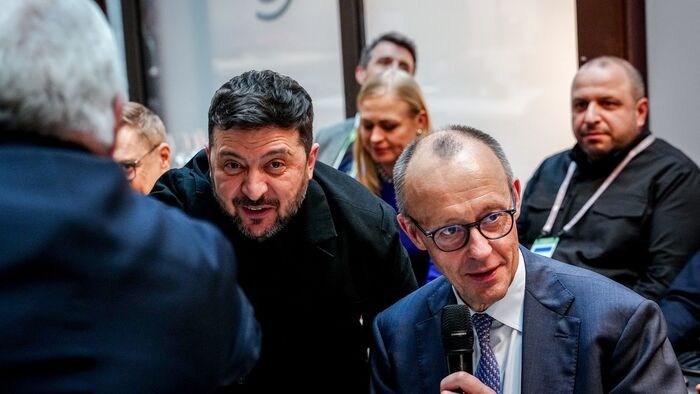

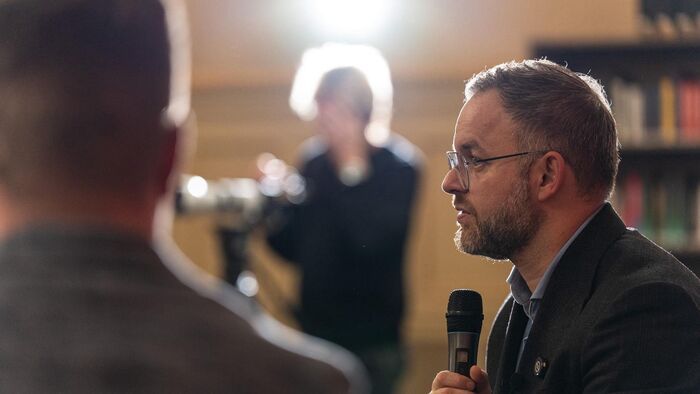
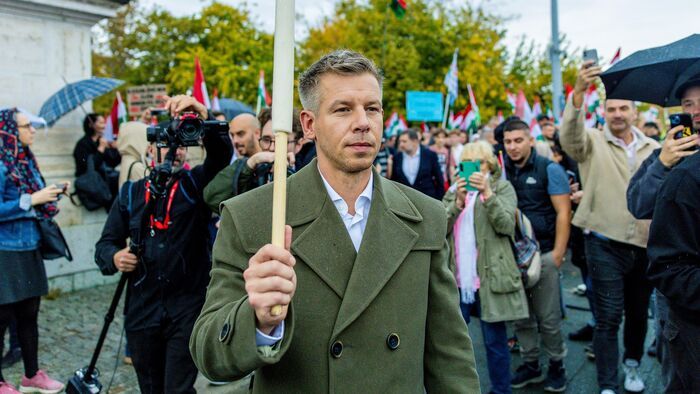
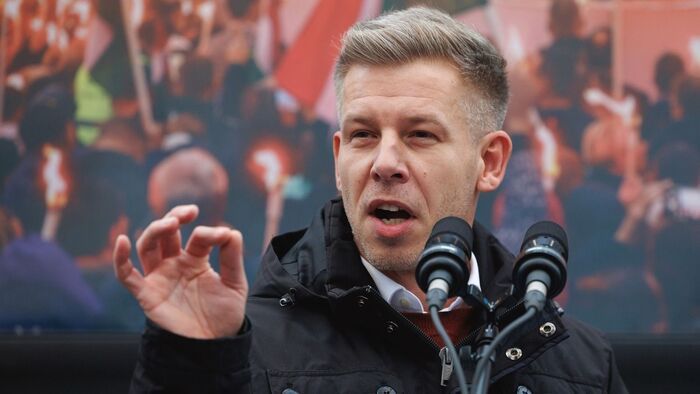
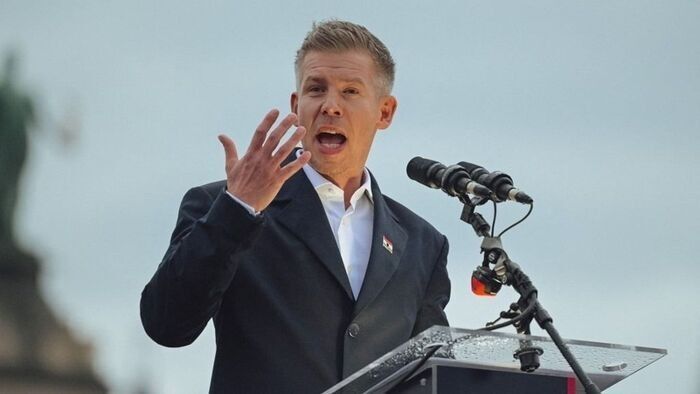
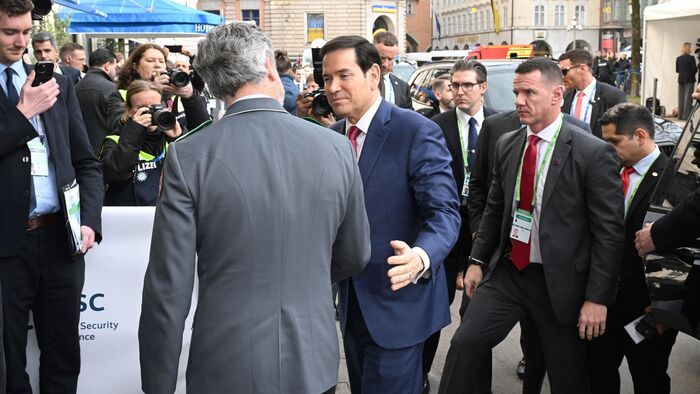
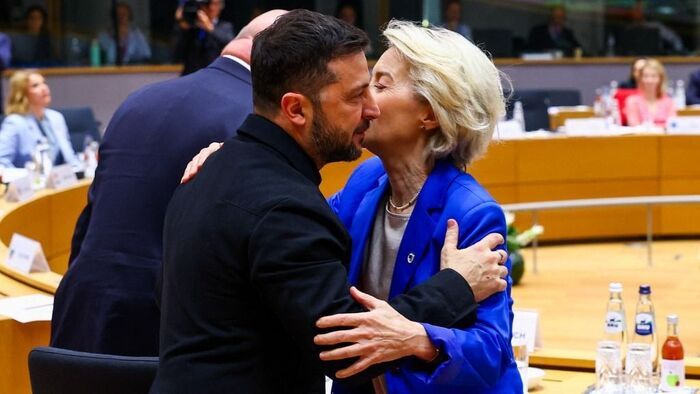
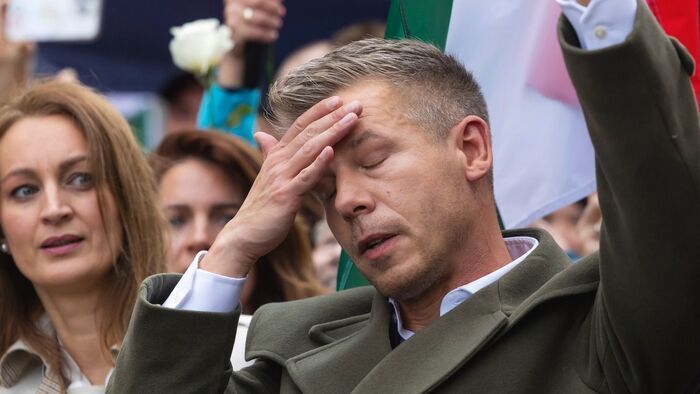

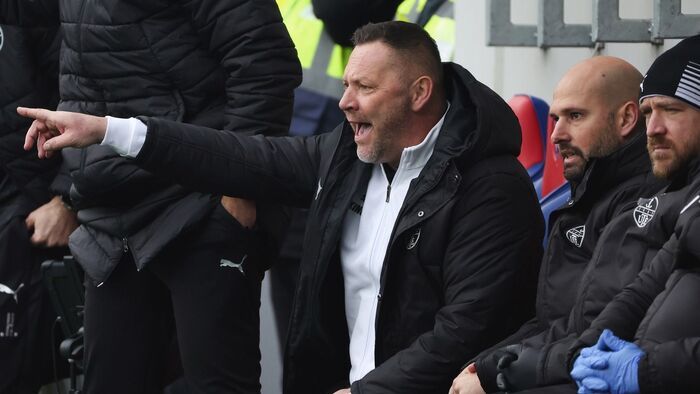
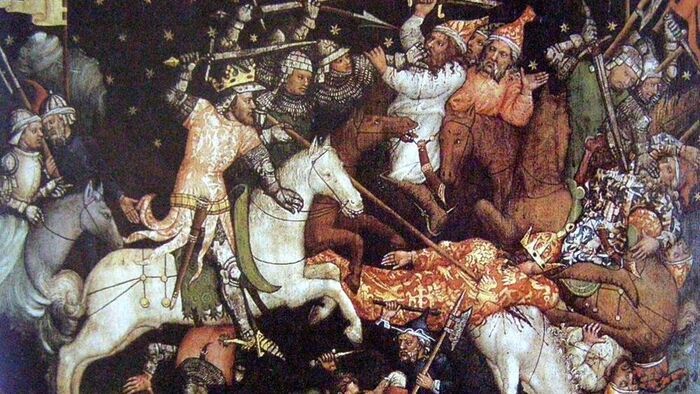
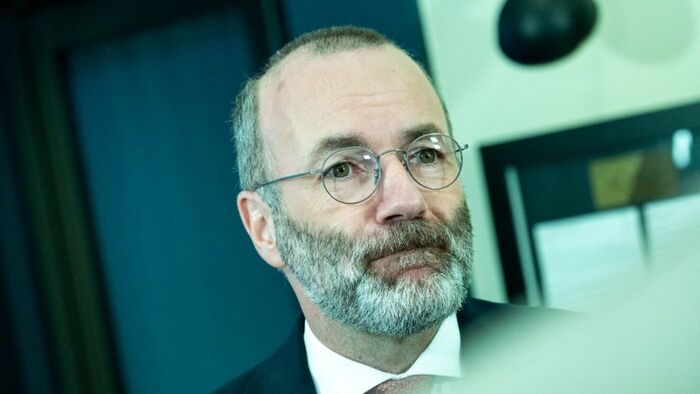

Szóljon hozzá!
Jelenleg csak a hozzászólások egy kis részét látja. Hozzászóláshoz és a további kommentek megtekintéséhez lépjen be, vagy regisztráljon!